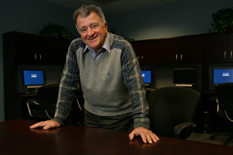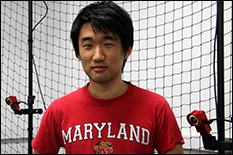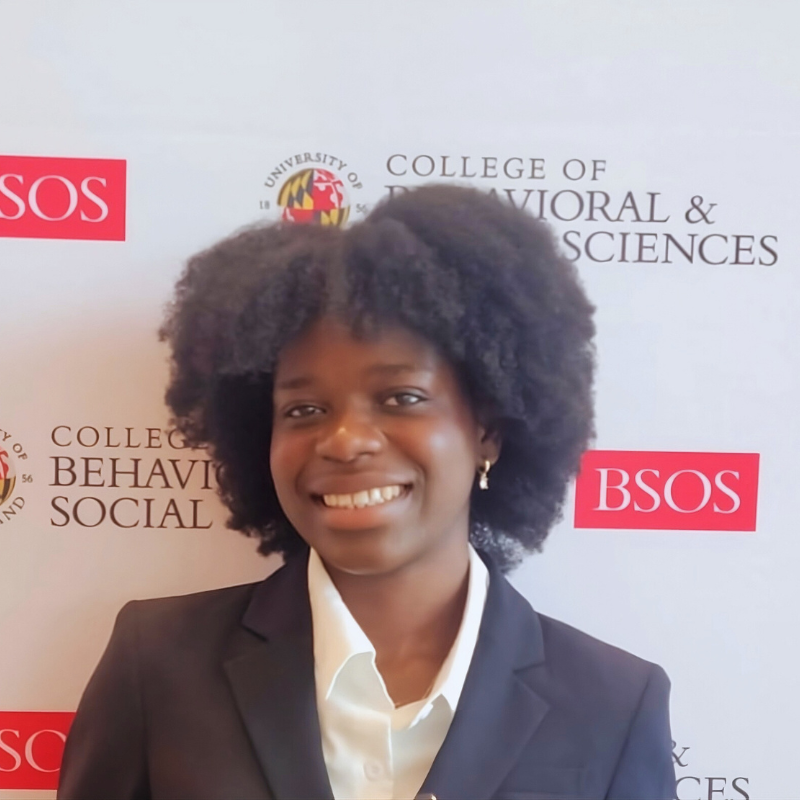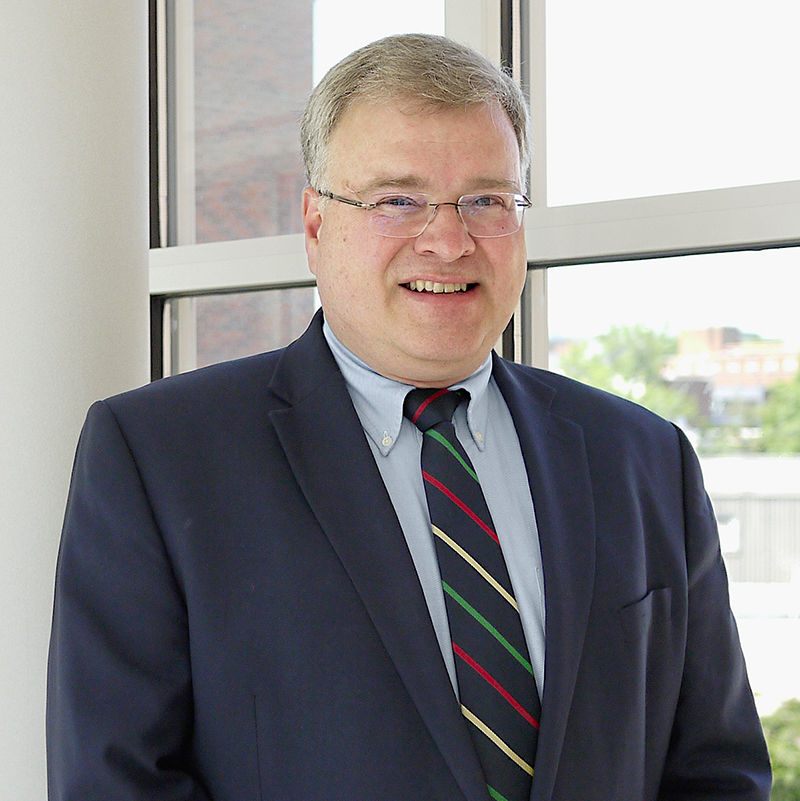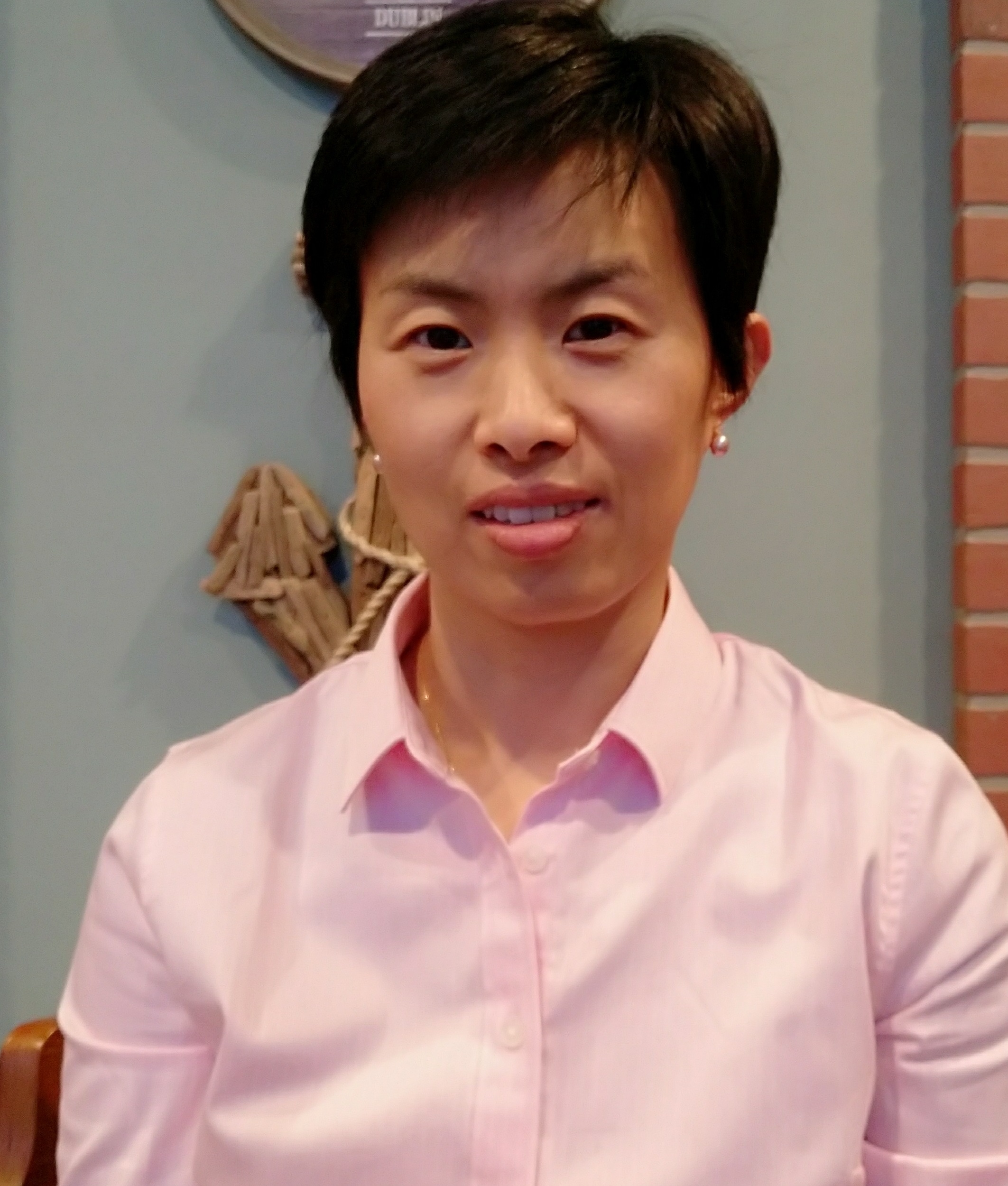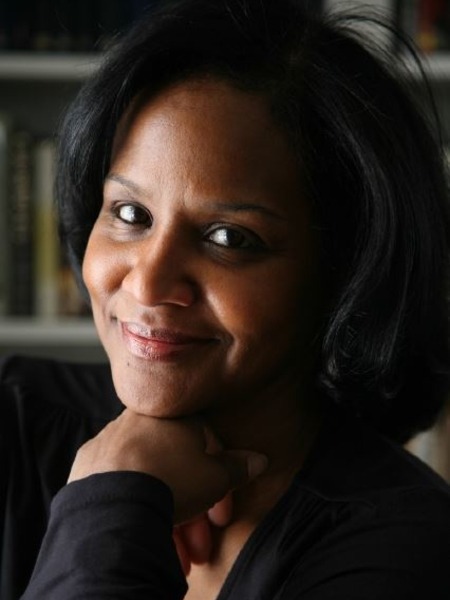News Story
Shoukry Wins NSF CAREER Award
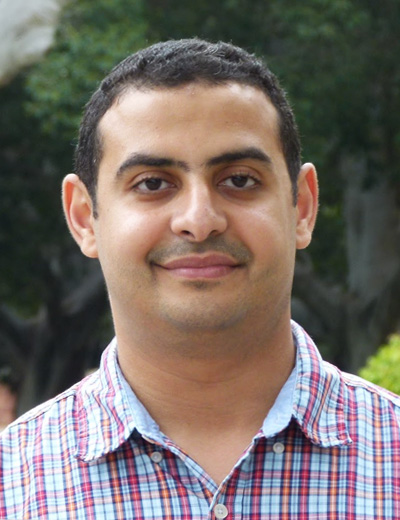
Assistant Professor Yasser Shoukry
Assistant Professor Yasser Shoukry (ECE/MC2) is the principal investigator of a 2019 National Science Foundation (NSF) Faculty Early Career Development (CAREER) Award for “Decision Procedures for High-Assurance, AI-Controlled, Cyber-Physical Systems.”
The project aims to explore new mathematical techniques that provide a scientific basis to understand the fundamental properties of Cyber-Physical Systems (CPS) controlled by Artificial Intelligence (AI) and guide their design. In particular, the project investigates a new generation of formal method tools that are capable of simultaneously analyzing the cyber components (including AI-agents) and the physical components of a CPS. This new generation of formal methods will be used to analyze the safety and reliability of AI-controlled CPS, characterize the environments for which the system is guaranteed to operate correctly and predict their failure at real-time.
"Regardless of the explosion in the use of AI within a multitude of CPS domains, the safety and reliability of these AI-controlled CPS is still an under-studied problem,” says Prof. Shoukry. “It is then unsurprising the failure of these AI-controlled CPS in several, safety-critical, situations leading to human fatalities."
Prof. Shoukry’s CAREER proposal also engages graduate, undergraduate, and high-school students, and reaches out to the scientific community by providing open source implementations of algorithms.
"My long-term career objective is to develop formal methods to reason about the safety and reliability of Artificial Intelligence (AI) controlled Cyber-Physical Systems (CPS) providing a scientific basis to understand their fundamental properties and guide their design. The goal of this CAREER proposal is to develop core results conducive towards that objective," says Prof. Shoukry.
The NSF CAREER program fosters the career development of outstanding junior faculty, combining the support of research and education of the highest quality and in the broadest sense.
Published February 12, 2019

